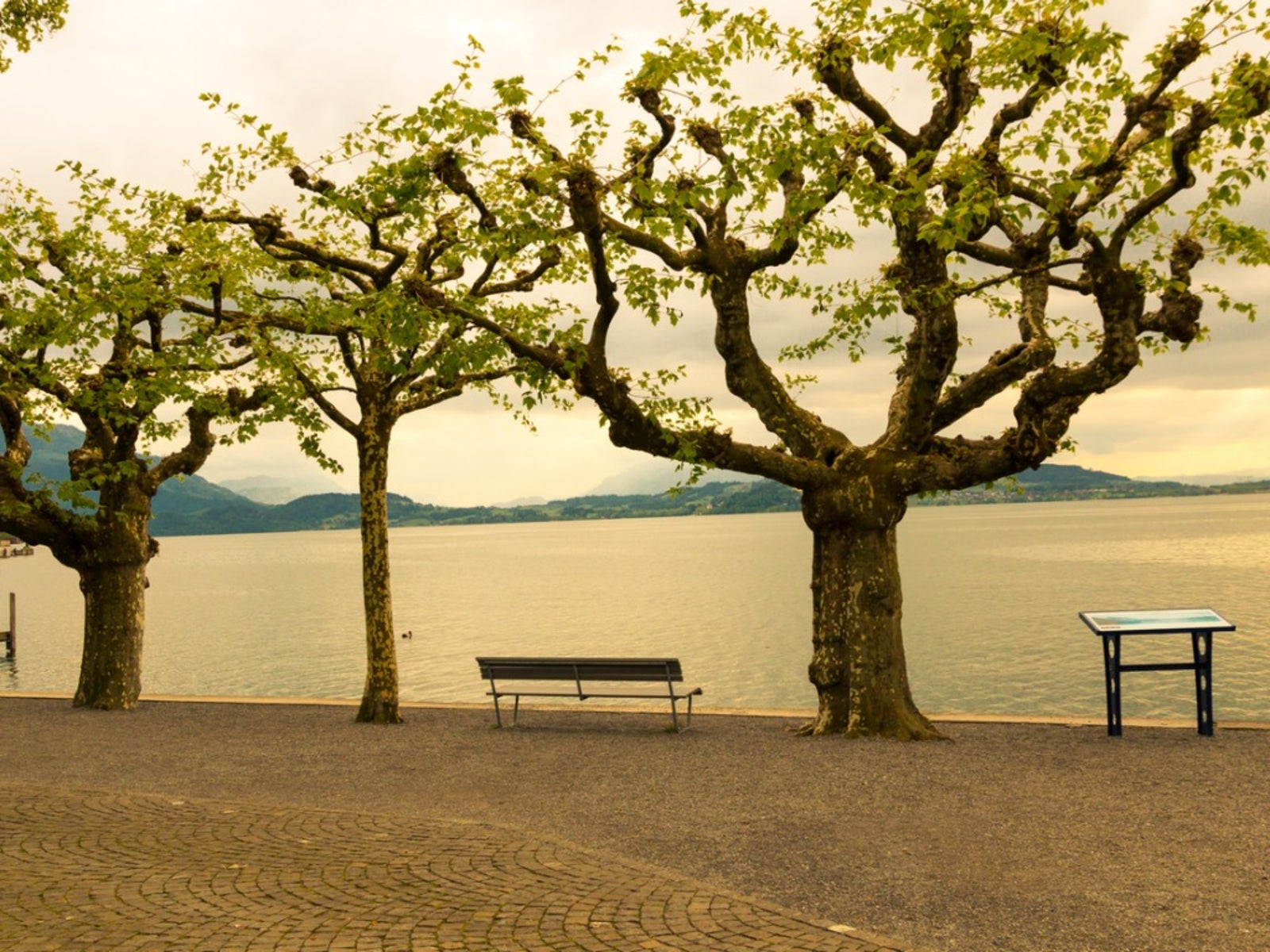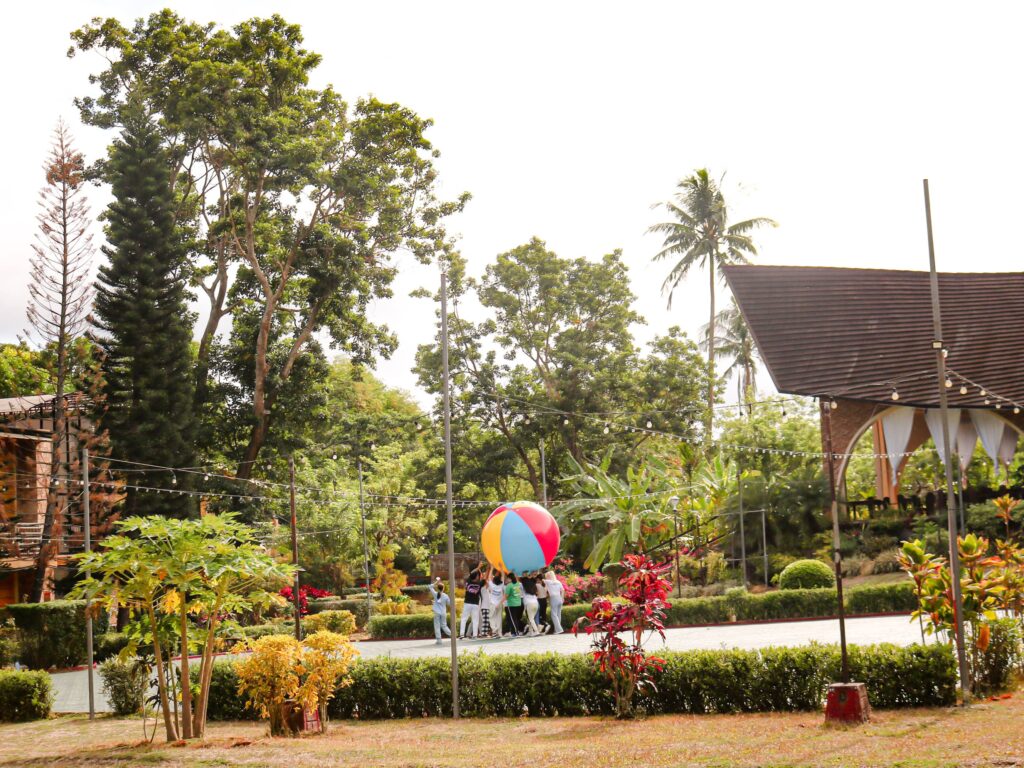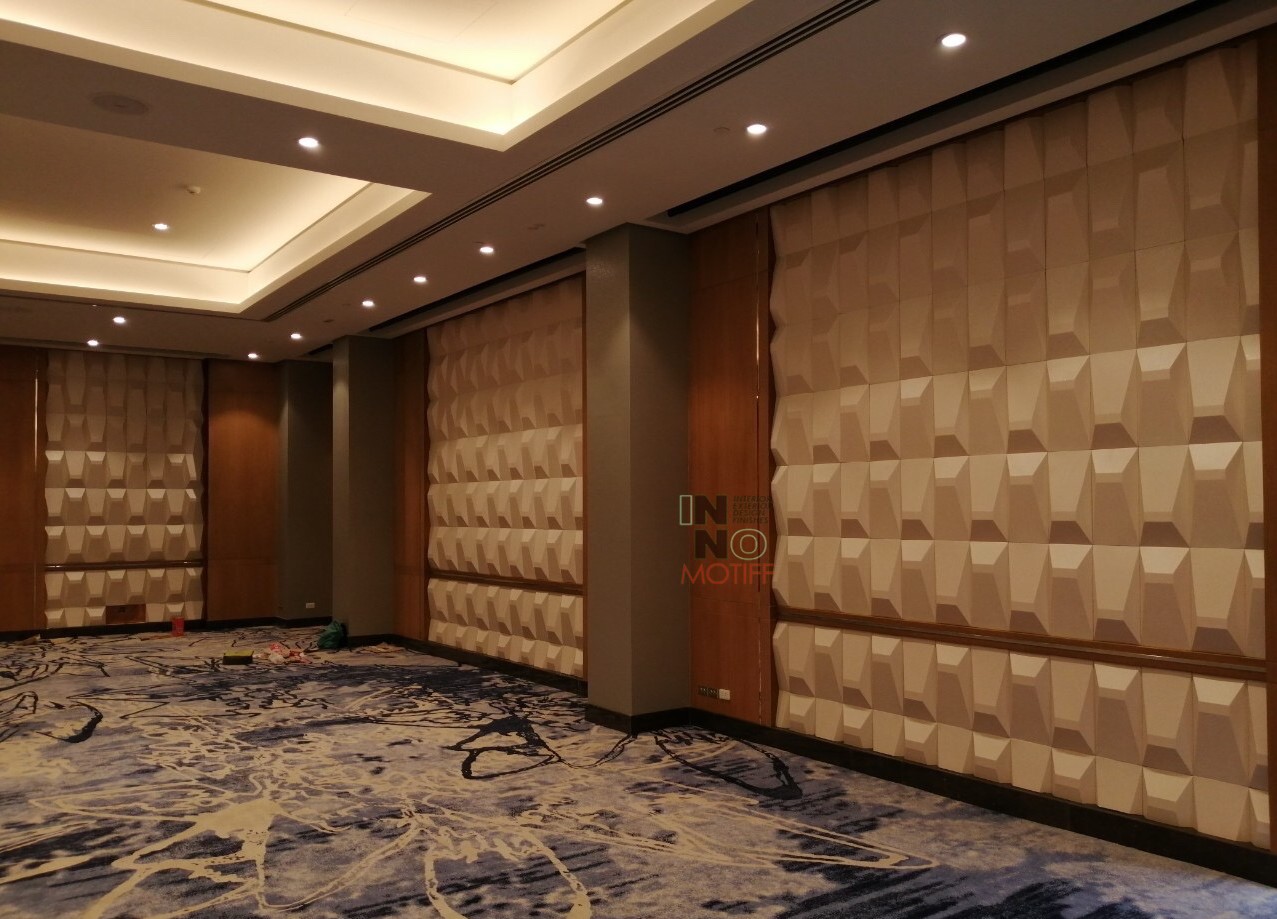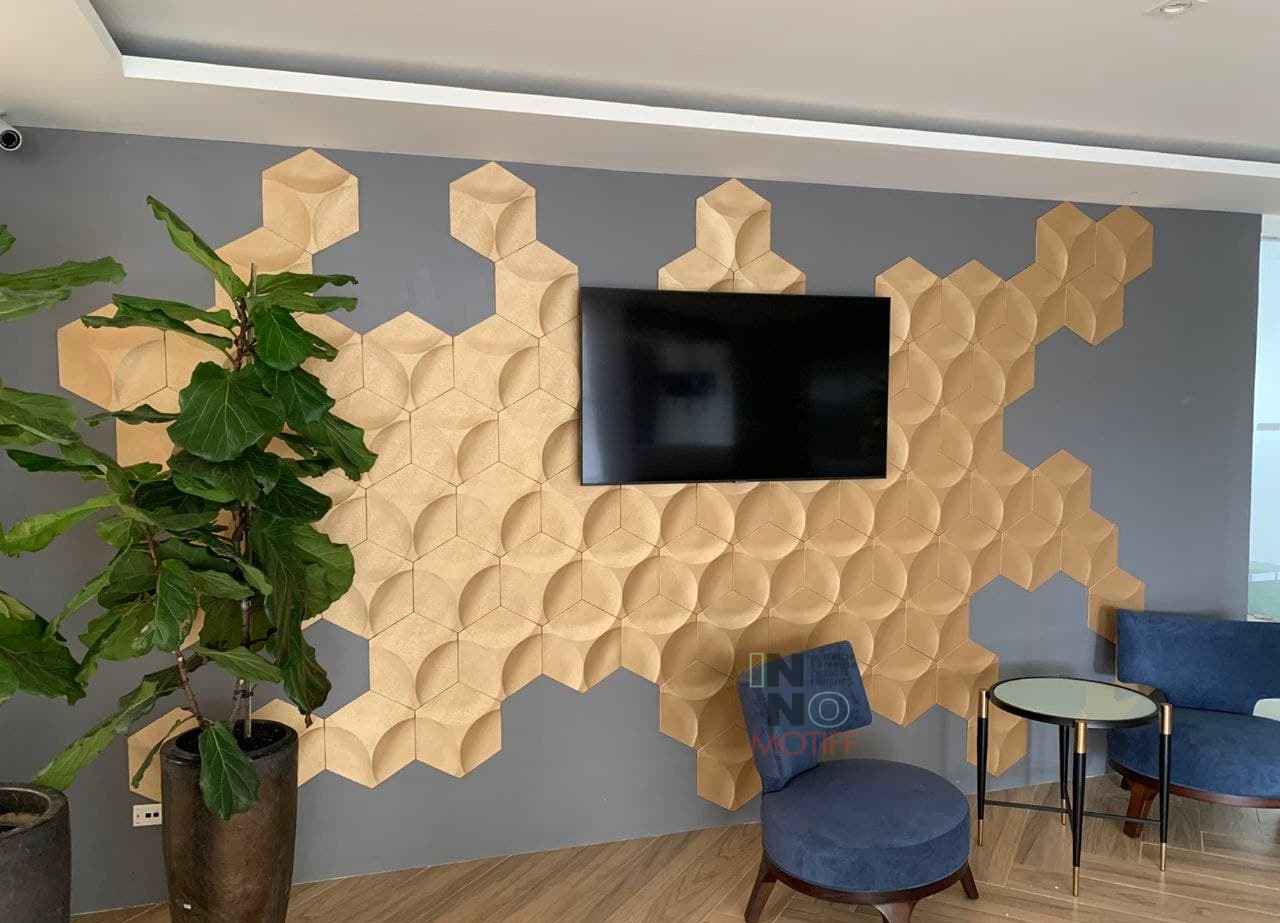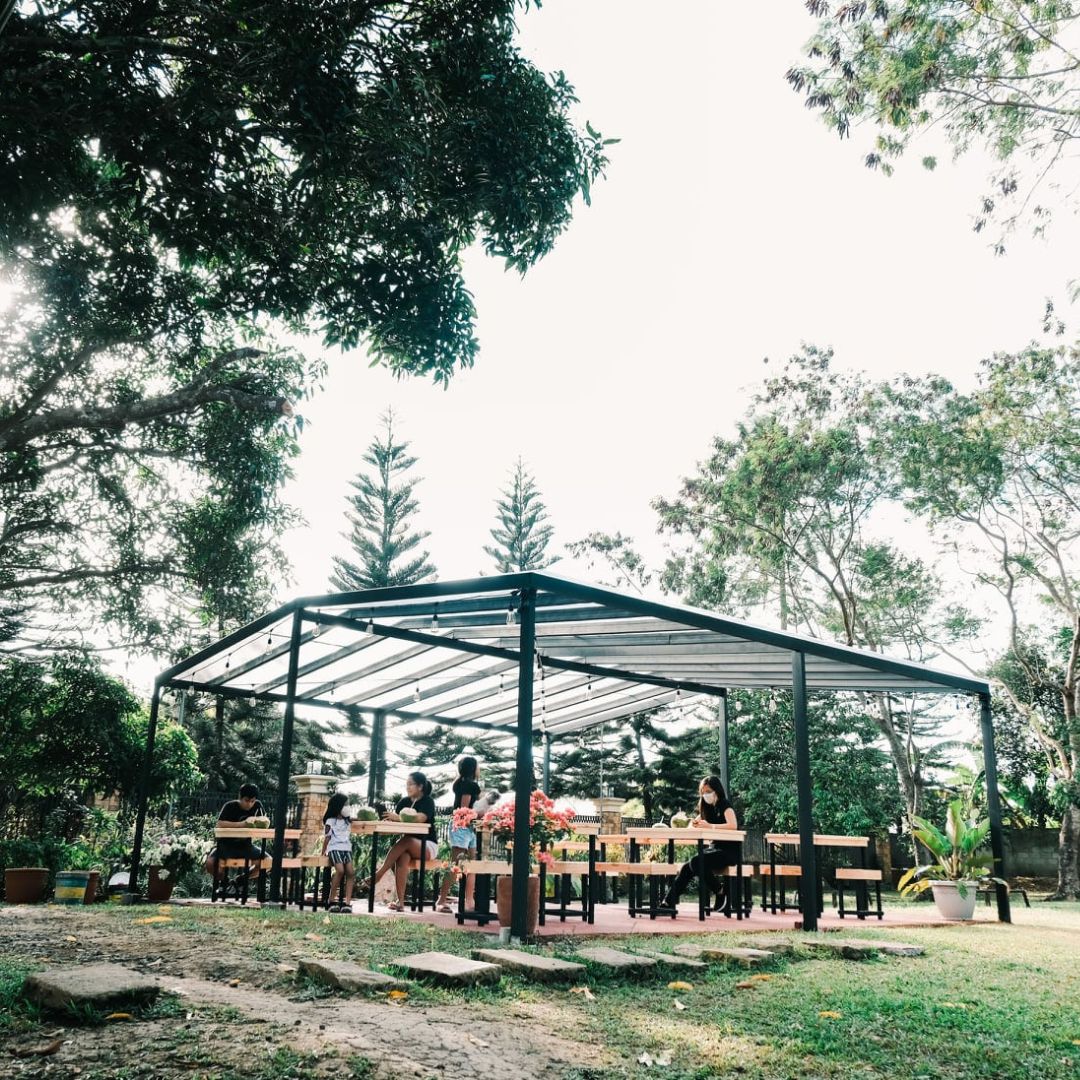Tree pollarding is a centuries-old pruning technique that involves the removal of a tree’s upper branches, promoting a dense head of foliage and branches. It’s an art form practiced by arborists and gardeners to manage tree growth and enhance aesthetics.
History and Origins of Tree Pollarding
Dating back to medieval times in Europe, tree pollarding was primarily used for timber and fodder production. It provided a sustainable source of wood while encouraging new growth for livestock feed.
Benefits of Tree Pollarding
- Encourages new growth and prolongs tree lifespan
- Controls tree size and shape
- Enhances tree health by reducing weight on limbs
- Creates visually appealing landscapes
- Provides sustainable wood and biomass production
Tree Species Suitable for Pollarding
Certain tree species respond well to pollarding, including:
- Willow
- Oak
- Plane
- Hornbeam
- Lime
Tools and Equipment Needed for Pollarding
- Pruning saw
- Secateurs
- Loppers
- Safety gear (gloves, goggles, helmet)
- Ladder or pole pruner for tall trees
Step-by-Step Guide to Tree Pollarding
- Assess the tree’s health and structure
- Choose the appropriate time for pollarding (usually late winter or early spring)
- Select the height for pollarding and make the first cut
- Remove branches systematically to create a balanced canopy
- Leave stubs for regrowth
- Dispose of trimmings responsibly
Maintenance and Care After Pollarding
- Regularly monitor tree health and growth
- Remove any suckers or unwanted growth
- Apply organic fertilizer if necessary
- Water adequately, especially during dry spells
Common Mistakes to Avoid in Tree Pollarding
- Over-pollarding, which can weaken the tree
- Pollarding at the wrong time of year
- Not leaving enough stubs for regrowth
- Neglecting post-pollarding care
Environmental Impact of Tree Pollarding
Tree pollarding, when done correctly, can have positive environmental impacts:
- Promotes biodiversity by providing habitat for birds and insects
- Improves air quality by reducing pollution
- Helps mitigate climate change by sequestering carbon
Takeaway
Tree pollarding is a time-honored practice that combines artistry and science to manage tree growth effectively. By understanding its history, benefits, and techniques, gardeners and arborists can contribute to sustainable landscapes while preserving the beauty of trees for generations to come.
Ready to transform your landscape? Trust BSG Landscape & Construction Pte Ltd for professional tree pollarding services today!

